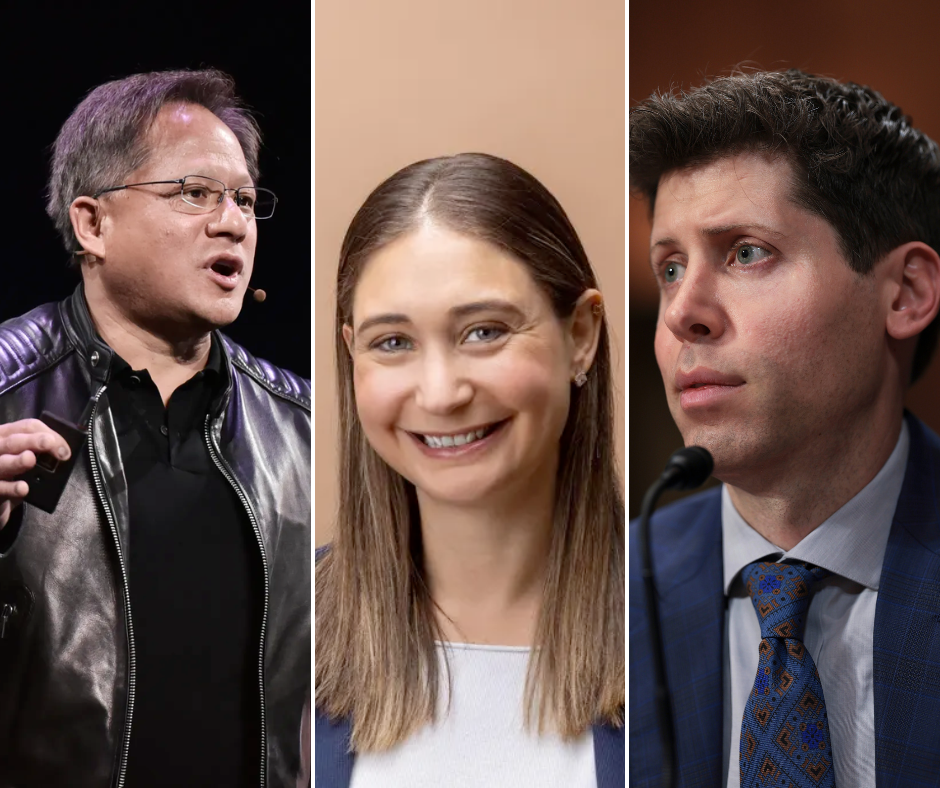The three largest record labels are suing two artificial intelligence music companies, alleging the firms committed “mass infringement of copyrighted sound recordings” by using artists’ songs to train their AI services—marking the latest faceoff between the entertainment and AI industries.

The lawsuits filed Monday allege “copyright infringement involving unlicensed copying of sound recordings on a massive scale” and seek an injunction and damages.
SOPA Images/LightRocket via Getty Images
Key Takeaways
- In lawsuits filed against Suno, Inc., and Udio AI, the record labels—including UMG, Sony and Warner—accused the companies of “massive and ongoing infringement,” alleging they copied sound recordings from the labels “en masse and ingested them into its AI model,” which the plaintiffs say violate copyright laws.
- The record labels said that while the output of the AI systems from Suno may not infringe upon the copyrighted recordings, they confirm “Suno has copied specific Copyrighted Recordings into its training data to build its service,” according to the suit, and made similar allegations about Udio.
- The Suno lawsuit alleges if it hadn’t violated copyrights on such a large scale, “Suno’s service would not be able to reproduce the convincing imitations of such a vast range of human musical expression at the quality that Suno touts.”
- The lawsuit filed against Udio AI alleged similar issues, adding “since the day it launched, Udio has flouted the rights of copyright owners in the music industry as part of a mad dash to become the dominant AI music generation service.”
- The Recording Industry Association of America, which is managing the litigation, said in a media release it is seeking declarations that the services infringed upon copyrighted sound recordings, injunctions that would bar the services from doing it in the future and damages for the infringements that have already happened.
- In the release, RIAA chief legal officer Ken Doroshow said the cases are straightforward and the lawsuits are necessary to “reinforce the most basic rules of the road for the responsible, ethical, and lawful development of generative AI systems.”
- Suno CEO Mikey Shulman said in a statement shared with Forbes Suno “prize(s) originality” and tried to explain to the record labels that its technology is “designed to generate completely new outputs, not to memorize and regurgitate pre-existing content,” but Shulman said the labels “reverted to their old lawyer-led playbook.”
- Forbes has reached out to Udio for comment.
Crucial Quote
RIAA Chairman and CEO Mitch Glazier said in a media release the music community has “embraced AI” and is partnering to build AI tools “centered on human creativity that put artists and songwriters in charge,” but services like Suno and Udio that “copy an artist’s life’s work and exploit it for their own profit without consent or pay set back the promise of genuinely innovative AI for us all.”
Key Background
Last week, Billboard reported UMG, Warner and Sony were considering a lawsuit against the two AI music generators that allow users to create music, lyrics and vocals all at once, unlike other generators that focus on one element.
Suno launched in December 2023, and announced in May it had raised $125 million in funding that would be used to “accelerate product development and grow our team of music makers, music lovers and technologists.” The company has not disclosed what it used to train its AI, and the suit from record companies said the company has been “deliberately evasive about what exactly it has copied” and did not “deny or proffer any facts to undermine” the allegation that it used music from the plaintiffs’ to train its model.
Udio, which was founded last December and became available this year, also declined to comment on whether it has used unlicensed copyrights to train its dataset, according to Billboard. A competitor to Suno, Udio markets itself as a similar service that “allows users to create music from simple text prompts by specifying topics, genres, and other descriptors which are then transformed into professional quality tracks.”
Tangent
Monday’s lawsuits are the latest in the battle between AI companies and artists and their representatives. Authors like John Grisham and George R.R. Martin sued OpenAI last September over similar issues, accusing the company of copyright infringement by using their books to train ChatGPT. More recently, Scarlett Johansson threatened to sue OpenAI after it used a voice that sounded strikingly similar to hers in a new AI system, despite her refusing to license her voice to the company. Artists and other actors have also expressed concerns about their work being used to train AI and the fact that it can result in products strikingly similar to that which they are trained on.
Big Number
10 million. That’s how many people Suno said had made music using it as of May.
Surprising Fact
Udio was the AI platform used to create “BBL Drizzy,” one of the best examples of an AI-generated song that went viral as part of the feud between rappers Drake and Kendrick Lamar. The beat was released by Metro Boomin in May, Billboard reported, and the “vocals, melody and instrumental of the sample” were all made using Udio.
Contra
One of Udio’s more well-known supporters is musician will.i.am. In a statement after Udio announced its release in April, the rapper and producer said “this is a brand new Renaissance and Udio is the tool for this era’s creativity,” according to Music Business Worldwide. Udio had a number of other big-name investors, too, including a co-founder of Instagram and musician Common.
This article was originally published on forbes.com and all figures are in USD.
Are you – or is someone you know -creating the next Afterpay or Canva? Nominations are open for Forbes Australia’s first 30 under 30 list. Entries close midnight, July 15, 2024.
Look back on the week that was with hand-picked articles from Australia and around the world. Sign up to the Forbes Australia newsletter here or become a member here.


